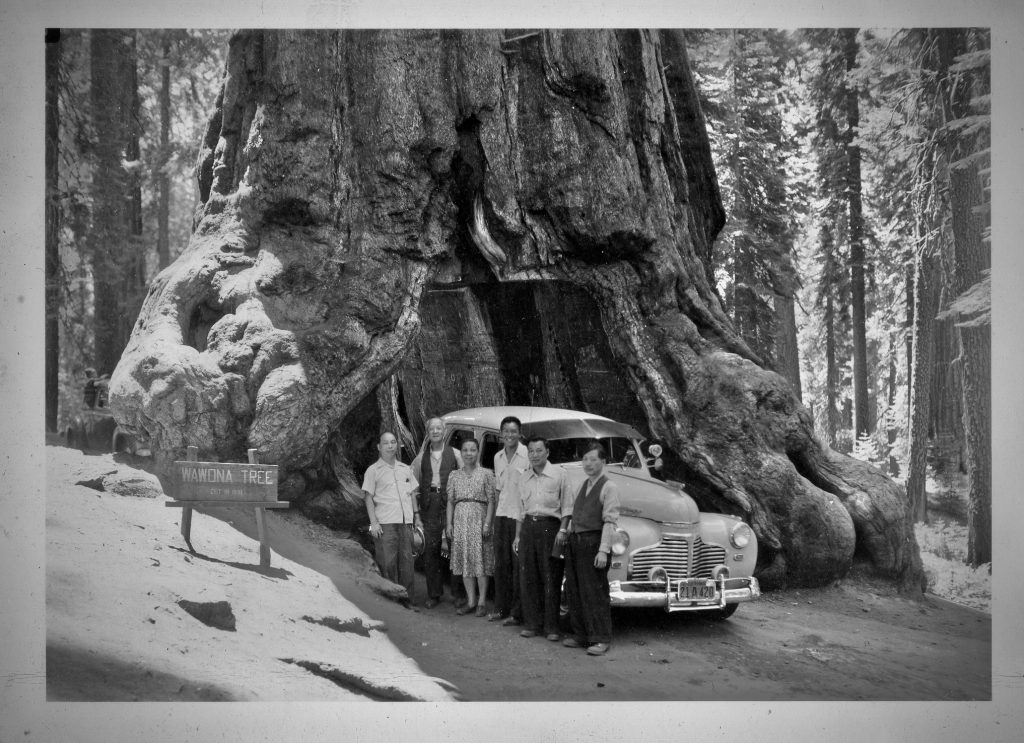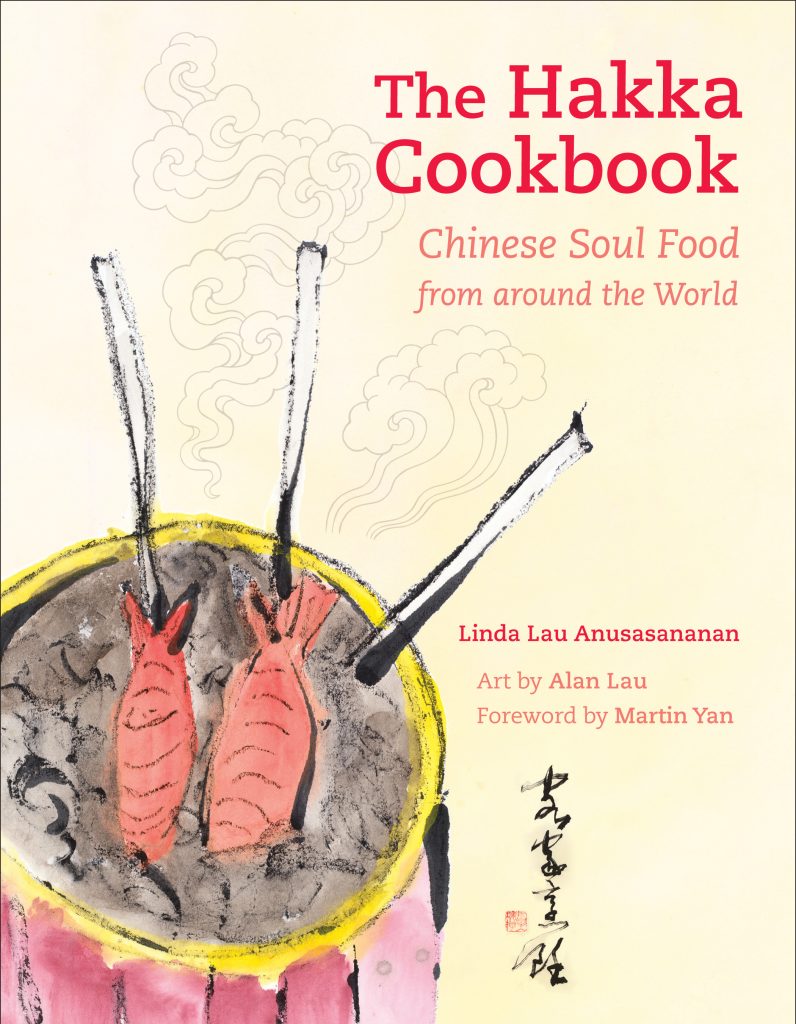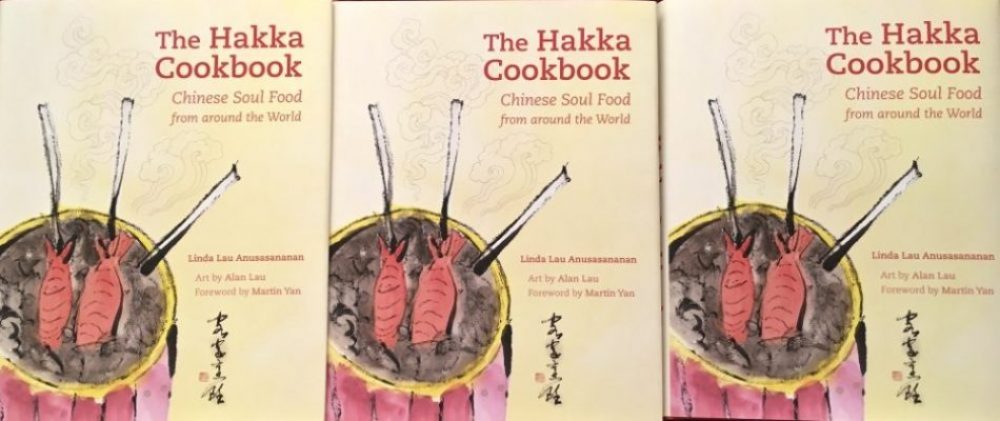Lately, I’ve been meeting friends who tell me they are trying to learn more about their family history. They want to explore their Chinese roots.
I had the same thoughts when I was in my late 50s. At that time, I had just left a long career at Sunset Magazine and now had the time to explore my family history and Hakka identity. This exploration led to the publication of The Hakka Cookbook. My research started with my Hakka family history. It grew to encompass the unique history and story of the greater Hakka migration. Here I share a few pointers I learned along the way as I looked for my family history.
Tips for searching for your Chinese family history

- Interview your family elders now. Record or video their interviews. I wish I had begun my research earlier when my family elders were still alive. It’s much easier to get the information first hand.
- Ask your elders to identify people in old family photos and their relation to you. Have them write their names in Chinese characters as well as other English names they may have used after migration. Try to date the photos and include where the photo was taken.
- Ask family members to share their stories about their birthplace, their migration, and their new home. What were their parent’s names? Did they have any siblings? If they migrated from China, ask for the village name. Get Chinese characters for all names. Also record any English names.
- Can they teach you how to cook favorite family dishes? Many elders do not have written recipes, but if you can cook alongside and record the process you will learn a lot. Video their cooking lesson, so you can capture the process and approximate amounts of ingredients. In the video you can ask questions about the ingredients, the technique, how do they know when it is done, what it should taste and look like.
- Collect documents. Official documents–birth marriage, citizenship, and death certificates, military discharge papers, school graduation certificates–all can help map a person’s life.
- If your relatives immigrated through San Francisco check out the National Archives at San Francisco. They found the Angel Island interviews of my grandparents and documents certifying that my grandfather was a merchant.
- Ask your family to share stories about their life and special memories. What was life like after they immigrated to a new home? How did your parents meet? How did they celebrate Chinese New Year? What was their favorite hobby or passion? Who was their best friend? Was there a key person who changed their life?

If you’re Hakka and interested in learning more about your Hakka history, consider reading The Hakka Cookbook, Chinese Soul Food from around the World. It’s more than a cookbook. It includes the history and migration of the Hakka people. Read the stories from Hakka from India, Canada, Peru, Trinidad, Jamaica, Mauritius and more. You can ask your local bookstore to order from you or buy it online.
